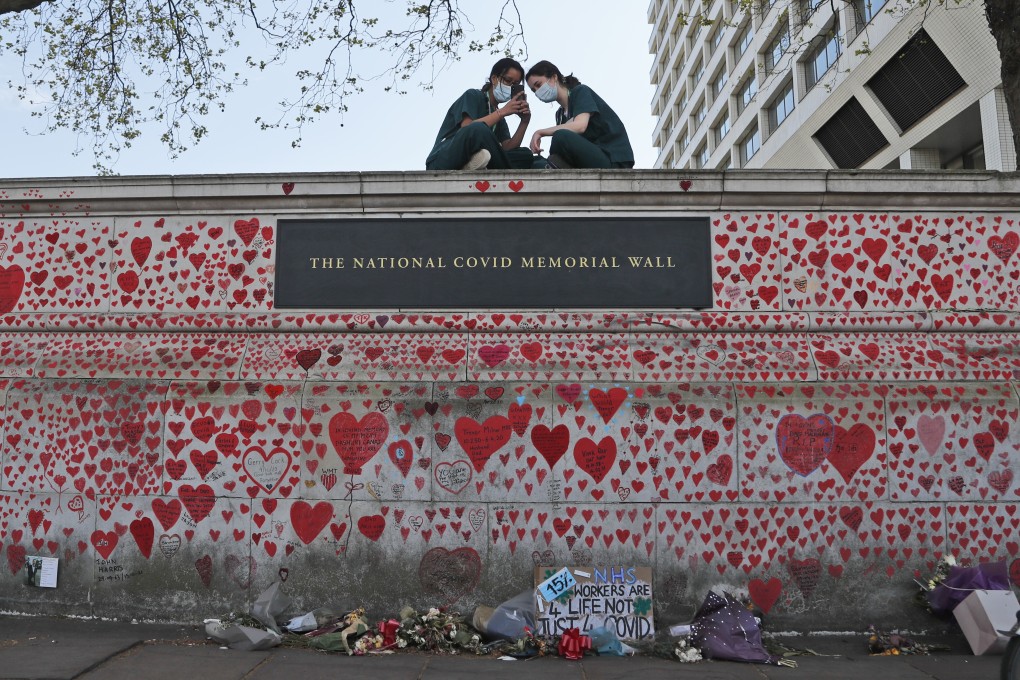Report gives damning assessment of early UK response to Covid-19 pandemic
- Delays locking down cost thousands of lives, parliamentary report concludes
- Report says the roll-out of vaccines was well planned and executed

The British government waited too long to impose a lockdown in the early days of the Covid-19 pandemic, missing a chance to contain the disease and leading to thousands of unnecessary deaths, a parliamentary report concluded Tuesday.
In a damning assessment, a cross-party group of British MPs found government pandemic planning was too focused on flu. It said the government had failed to learn the lessons from the prior Sars, Mers and Ebola outbreaks, calling it “one of the most important public health failures” in the country’s history.
The deadly delay in locking down resulted from ministers’ failure to question the recommendations of scientific advisers, resulting in a dangerous level of “groupthink” that caused them to dismiss the more aggressive strategies adopted in East and Southeast Asia, according to the joint report from the House of Commons’ science and health committees. It was only when Britain’s National Health Service risked being overwhelmed by rapidly rising infections that Prime Minister Boris Johnson’s Conservative government finally ordered a lockdown.
“There was a desire to avoid a lockdown because of the immense harm it would entail to the economy, normal health services and society,’’ the report said. “In the absence of other strategies such as rigorous case isolation, a meaningful test-and-trace operation, and robust border controls, a full lockdown was inevitable and should have come sooner.’’
The UK parliamentary report comes amid frustration with the timetable for a formal public inquiry into the government’s response to Covid-19, which Johnson says will start next spring.